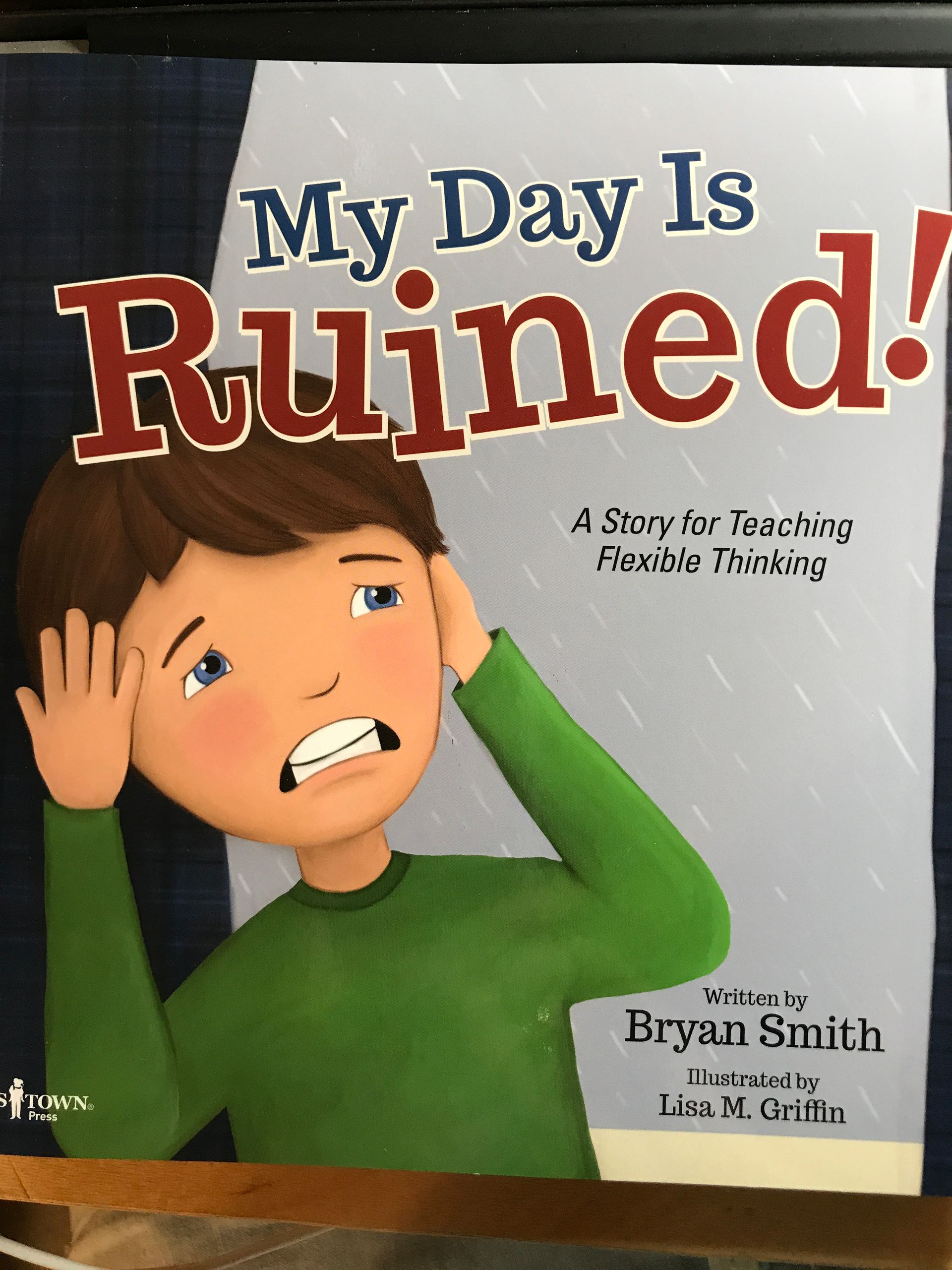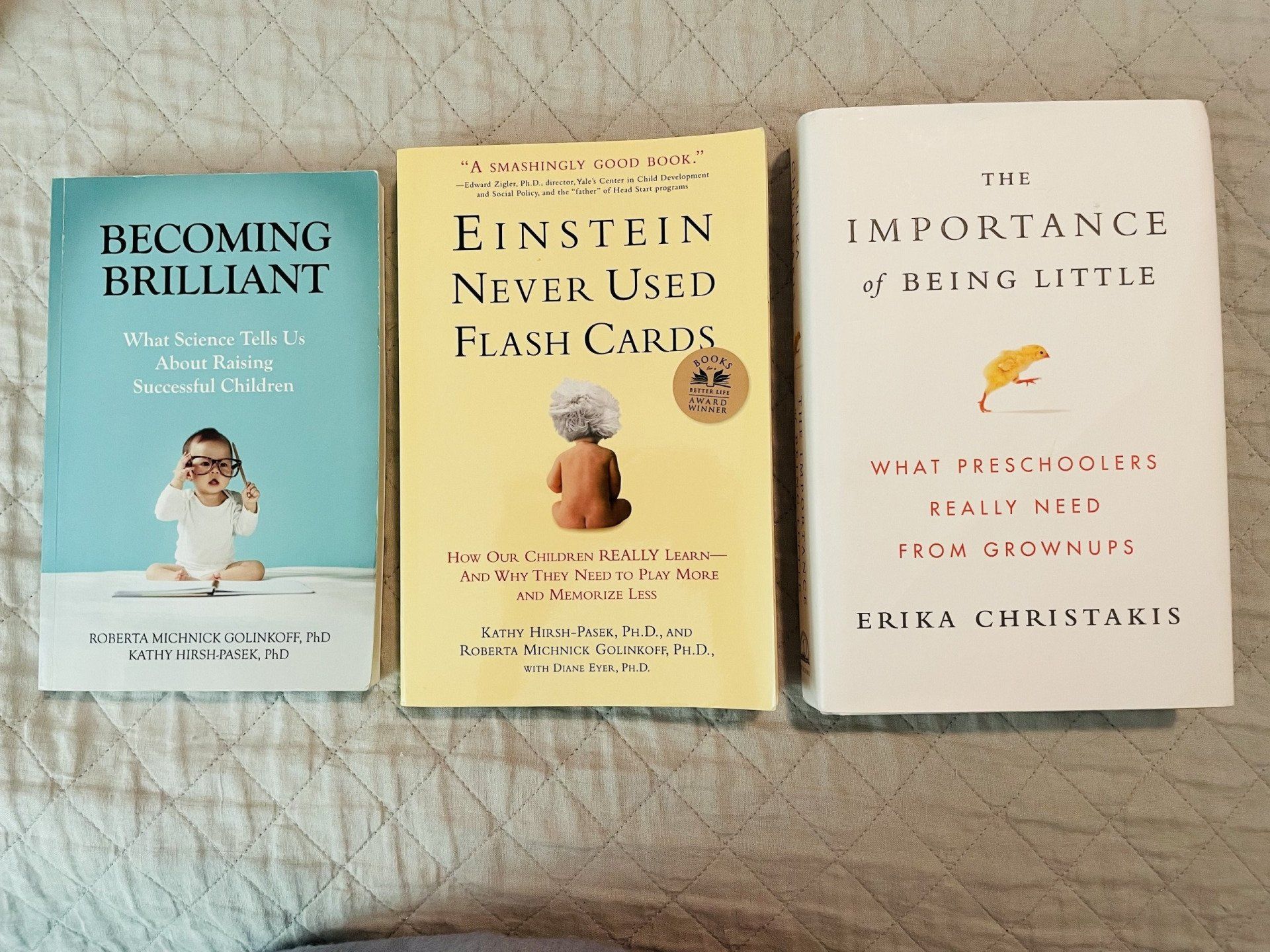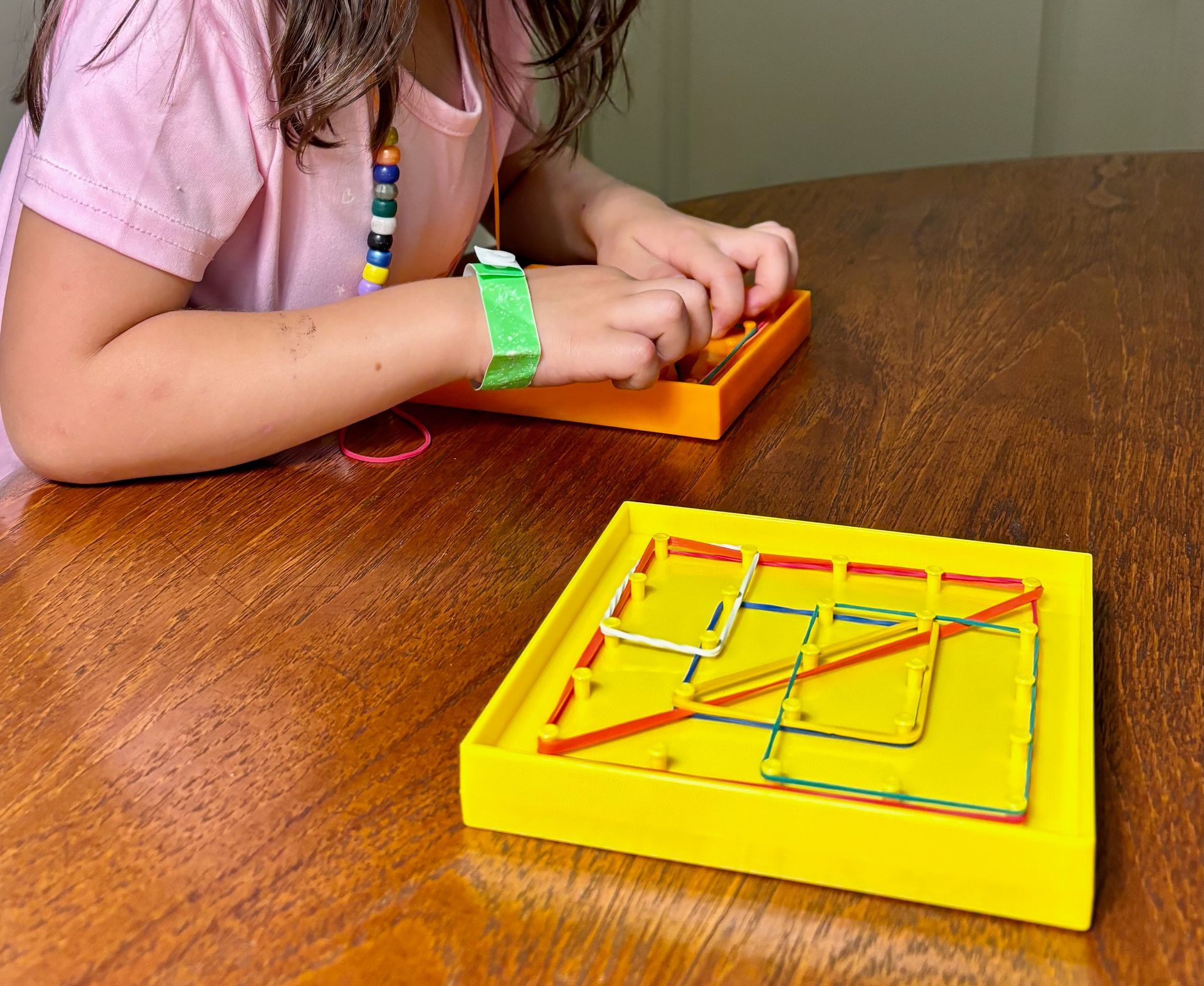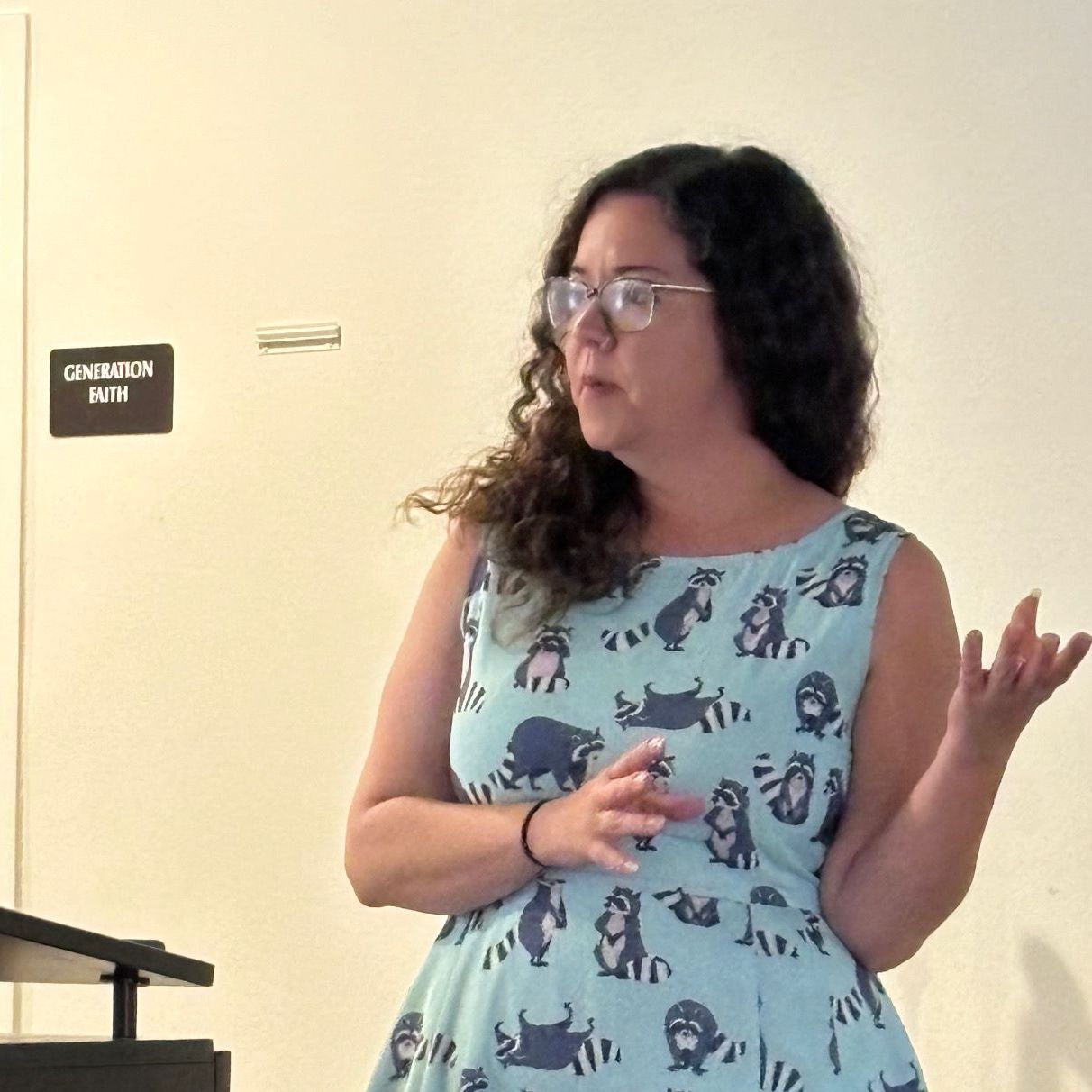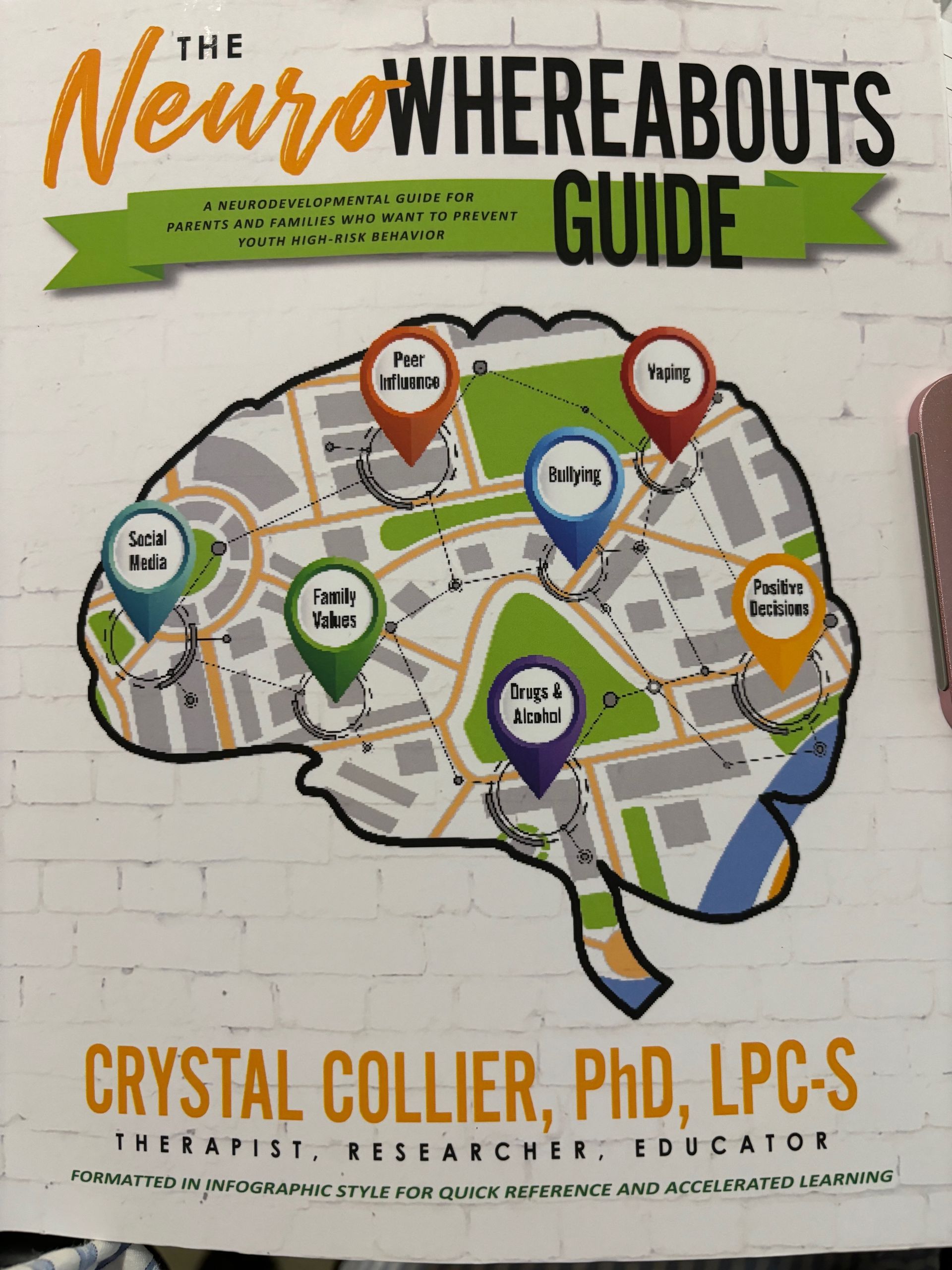
When Children Lose Control

Any headline like this from the weekend's Wall Street Journal, July 7-8, 2018 , will get my attention because self-control and learning go hand-in-hand. Self-control, often called emotional regulation, is one of those "soft skills", an "executive function" that schools look for when considering students for admission.
Teacher recommendation forms ask the current teacher to rate the degree to which a candidate exhibits emotional control in many areas of school life. This article reflects on research about the connection of school success and self-control. "Growing research finds that children who are able to regulate their emotions perform better academically and are more successful socially than those who don't. In adolescence, strong self-regulation skills can help to buffer against impulsiveness and risky behaviors."
A 30-year study at the University of North Carolina by Dr. Susan Calkins suggests that parents are key role models for their children in how to behave. A study of German families found that when parents helped their child reframe a situation with a more positive view, the child was better able to cope with disappointment and adopt this strategy in the future. "Self-regulation offers big payoffs as we age, including better physical and mental health." Children need tools for handling life's challenges. If you wish to learn more about this topic, contact me and I will send you some excellent resources.
